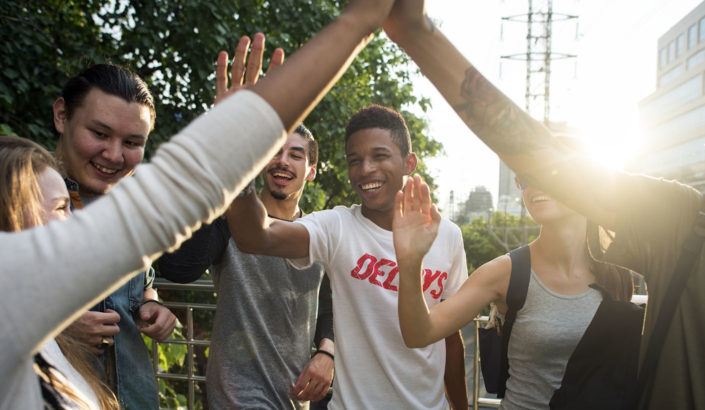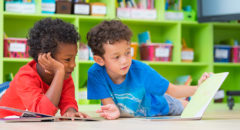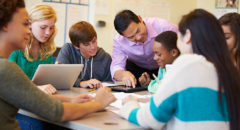What Are They?
Most people would agree that few things impacted their school lives as much as their relationships with their peers—friends, acquaintances, or otherwise. Peer relationships play an important role in children’s school lives, and relationships with peers become even more influential as children enter adolescence.
Research on positive peer relationships often distinguishes between friendship and peer acceptance. High-quality friendships involve not only companionship, but also caring, validation, and support. In addition to playing together, good friends feel comfortable opening up to each other and are motivated to resolve conflicts that arise.
Peer acceptance, sometimes referred to by researchers as popularity, focuses on how much students like or like to play with their classmates, and has been found to affect students’ sense of belonging in school and their academic achievement.
A 5th grade math teacher read a study that found that students’ math grades improve when they exhibit self-control and when they feel accepted by other students in the class. As a result, she has students practice mindfulness each morning to help develop their attention skills, and she creates a safe and welcoming classroom through cooperative problem-solving groups and regular class meetings so that students feel they belong and are connected to one another.
Why Are They Important?
Research shows that positive peer relationships benefit students in a myriad of ways, at school and in life.
Both quantity and quality of relationships matter for kids.
- Studies have found that young children with higher numbers of friends are less likely to be lonely, and more likely to like and be engaged at school.
- In middle childhood, peer acceptance, friendship, and friendship quality all matter in terms of reducing a child’s chance of loneliness.
- Positive peer relationships help make children more resilient, even when they face difficulties at home.
Having one good friend can be enough.
- Having just one close friend can be enough to protect kids from the negative effects of being treated badly by other peers.
- Similarly, research shows that adolescents with at least one reciprocal friendship have higher self-esteem than those without one; on the other hand, having greater numbers of friendships doesn’t seem to further increase self-esteem.
Especially for adolescents, positive relationships with peers make a big difference in other areas of life.
- Peer acceptance relates positively to GPA in middle school; in fact, research shows that positive peer relationships can explain up to 40% of adolescents’ academic achievement.
- Positive peer support also predicts adolescents’ health and well-being (across cultures) and their emotional and behavioral engagement with school, an effect that increases over time.
- Likewise, teens whose close friends are prosocial are much more likely to set prosocial goals and behave prosocially themselves in the future.
Practices

Mindshifts: An Intellectual Humility Reflection Tool

Become an Admitter
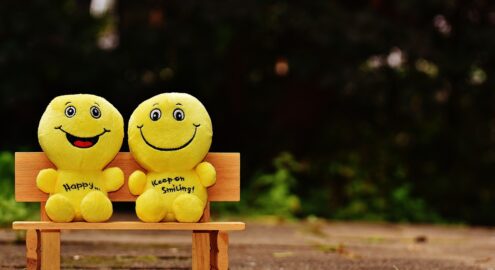
What Kind of Happy Are You?
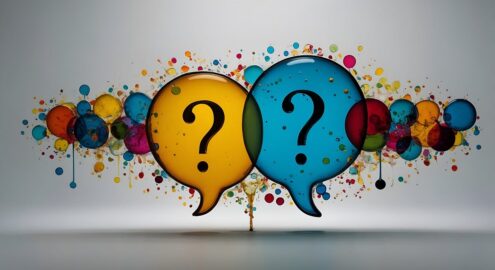
Asking Powerful Questions

Practicing Shallow vs. Deep Curiosity
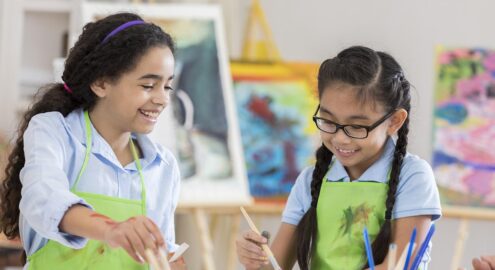
Using Art to Build Bridges

Listening and Questioning to Build Community
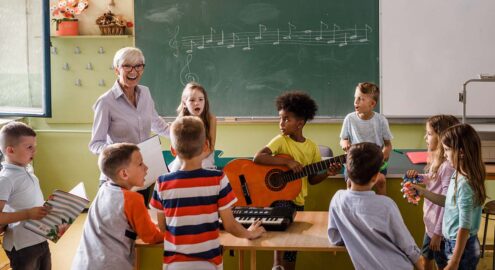
In Harmony with Sound

Who Am I?
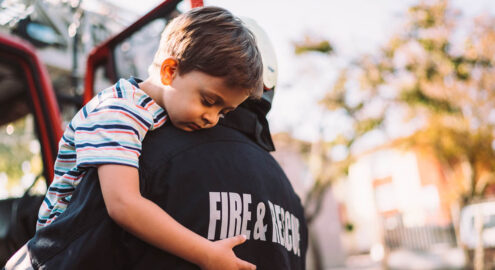
Inspiring Virtue with Moral Beauty

A Nature Awe Journal
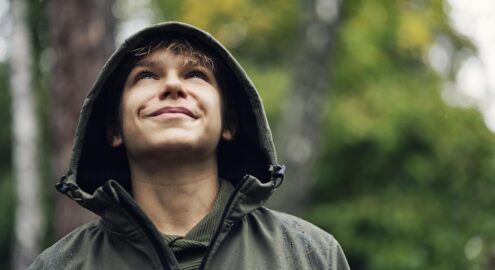
Look Up Vibe (LUV Moment)
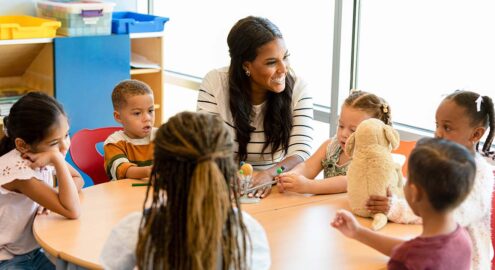
Say “We” to Nurture Collaboration in Students
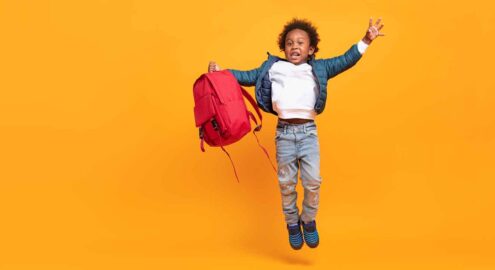
Literacy Book Bags to Encourage Courage
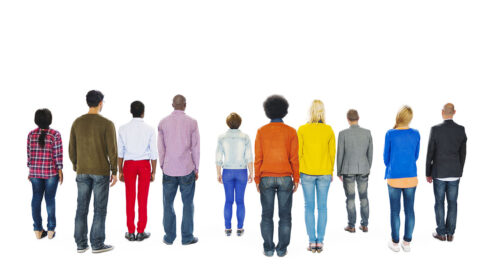
Behind Your Back

Promoting Perspective-Taking Through the Use of Literature
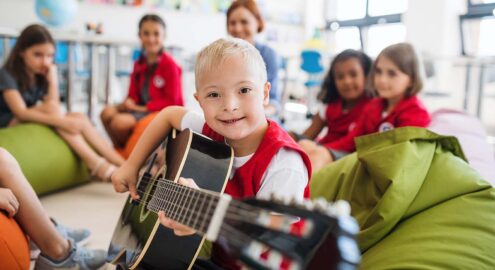
Music to Inspire Kindness
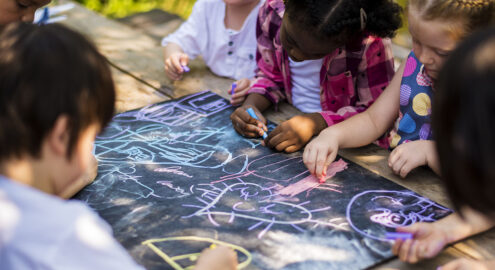
Kindness Art for Students

Do you want to dive deeper into the science behind our GGIE practices? Enroll in one of our online courses for educators!


